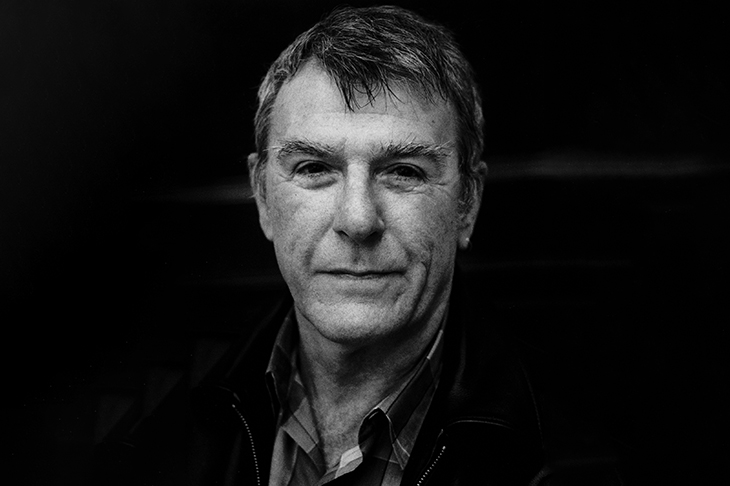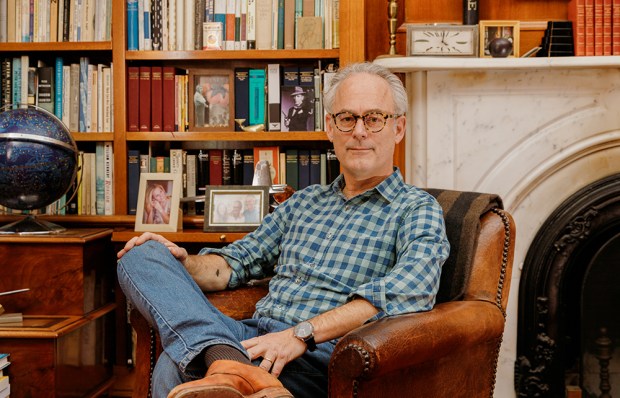San Francisco is a fantastic place… it’s terribly sunny… I am having a splendid hedonistic time here… I find myself continually going to marvellous orgies where I meet unbelievably sexy people… I dropped acid for Christmas Day… had sex for SIX HOURS… Then to New York, which I’ve never enjoyed so much… Some of the people I met introduced me to cocaine (one of the people was a singer for a pop group called Looking Glass), and that is a fine drug… Life is such fun here… I had an extraordinary three-way with two guys I met in a bar…...
Already a subscriber? Log in
Subscribe for just $2 a week
Try a month of The Spectator Australia absolutely free and without commitment. Not only that but – if you choose to continue – you’ll pay just $2 a week for your first year.
- Unlimited access to spectator.com.au and app
- The weekly edition on the Spectator Australia app
- Spectator podcasts and newsletters
- Full access to spectator.co.uk
Unlock this article
You might disagree with half of it, but you’ll enjoy reading all of it. Try your first month for free, then just $2 a week for the remainder of your first year.














Comments
Don't miss out
Join the conversation with other Spectator Australia readers. Subscribe to leave a comment.
SUBSCRIBEAlready a subscriber? Log in